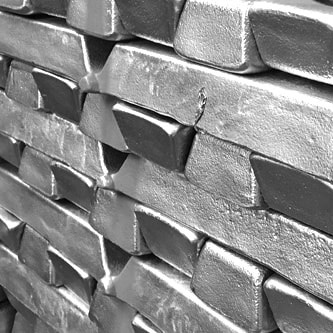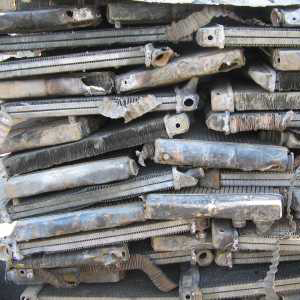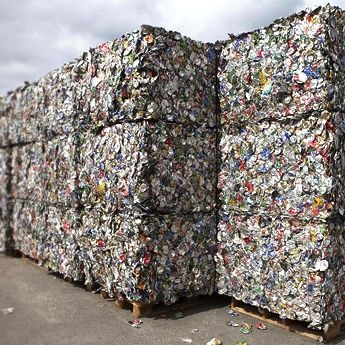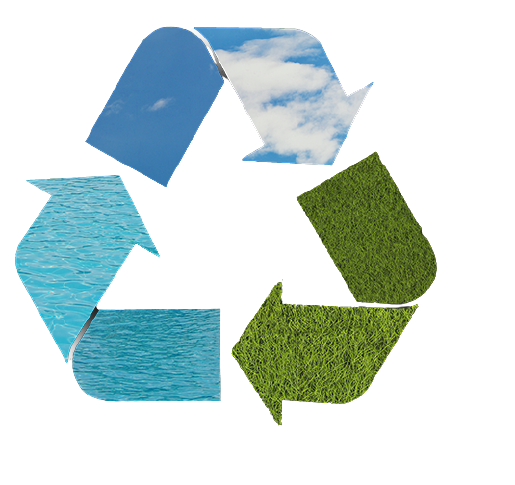ALUMINUM
Recycled aluminum is an extremely valuable and versatile metallic raw material, obtained from aluminum waste and aluminum alloys. Aluminum recycling is a remarkably energy-efficient process that massively reduces primary resource consumption, saves up to 95% of the energy needed for production from ore, and significantly diminishes greenhouse gas emissions, decisively contributing to industry sustainability.



Our Expertise in Aluminum Recycling
Specialized in the acquisition and sale of aluminum waste, we serve global markets (Europe, Asia). Solid partnerships ensure a constant flow of quality raw materials, tailored to our clients’ specific needs. We are dedicated to adhering to the highest standards of purity and processing, confirmed by our certifications.
Packaging & Logistics: Aluminum waste is efficiently managed and delivered by road and sea transport. Packaging is done in: bulk (for large quantities), on pallets (for ingots/plates), in metal containers (big box), or Big-Bag sacks.
Certifications: ISO 9001:2015, SGS, ASTM, ISRI, REACH, RoHS, EN 573-3:2013.
Characteristics
Origin: Post-consumer/industrial waste (beverage cans, profiles, car rims, cables, foils, turnings, foundry waste).
Processing: Collection, sorting by type and alloy, cleaning, melting, refining (for ingots or secondary alloys).
Chemical Composition: According to EN 573-3:2013, with 97% to 99% Aluminum.
Physical Properties: Density 2.7 g/cm3 , Melting point 660 °C (for pure aluminum).
Purity: Our aluminum materials are constantly verified to ensure a high level of purity and absence of impurities.
Type: Recycled aluminum.
Form:
Ingots/Billets (fragments or cast in standard forms)
Plates/Sheets (pieces of 100×100 mm, up to 1000×1000 mm, or bulk)
Aluminum granules (where applicable, from certain processes)
Grades:Recycled Aluminum (according to purity specifications).
Advantages
Massive energy savings (up to 95%) compared to primary production.
Substantial reduction of greenhouse gas emissions.
Conservation of mineral resources and the environment.
Extremely lightweight and corrosion-resistant.
Infinitely recyclable without loss of properties.
Applications
Automotive industry (components, rims, engine blocks).
Packaging (beverage cans, foils).
Construction (profiles, joinery, structural elements).
Aerospace industry.
Manufacturing of electrical conductors (cables).
